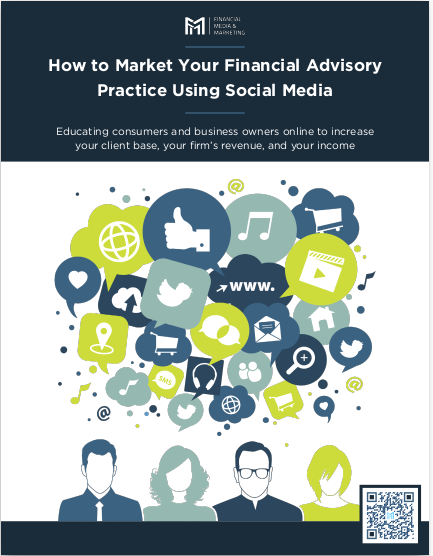Key Takeaways
-
Your online reputation directly impacts your ability to attract and retain clients. A single negative search result can undo years of credibility.
-
A proactive approach to managing your online presence ensures you maintain authority, visibility, and trust in a highly competitive financial market.
Why Your Online Reputation Matters More Than Ever
The world of financial advising thrives on trust, and in 2025, that trust is built or broken online. Potential clients no longer rely solely on referrals or word-of-mouth recommendations—they turn to search engines, social media, and review platforms before making any financial decisions. If your online presence isn’t working for you, it’s working against you.
The harsh truth? A negative article, outdated information, or even a lack of online activity can drive prospects away before you even get a chance to speak with them. You need to control the narrative, ensuring that when someone searches for you, they see the best version of your expertise.
The Silent Threat: How Reputation Damage Creeps Up on You
You might think, “I haven’t done anything wrong, so I have nothing to worry about.” But your reputation isn’t just about what you do—it’s about how others perceive you online. Here’s how reputation damage can sneak up on even the most ethical financial advisors:
1. Old, Irrelevant, or Negative Search Results
A single outdated article, misinterpreted review, or irrelevant past business association can still show up on the first page of search results. Without active management, these digital footprints can overshadow your current accomplishments.
2. Negative Reviews—Even If They’re Unfounded
Reviews are a major influence on public perception. One or two-star ratings, even if left unfairly, can paint a distorted picture of your services. Since many people won’t take the time to verify their accuracy, managing and responding to reviews is crucial.
3. Competitors or Unethical Entities Undermining You
In a competitive industry, some businesses resort to questionable tactics, such as false reviews or misleading comparisons, to gain an edge. Without monitoring, these attacks can go unnoticed and impact your credibility.
The Simple Fix: Taking Back Control of Your Digital Presence
Reputation management isn’t about damage control—it’s about building an authoritative and proactive online presence that leaves no room for negativity. Here’s how you can turn things around and ensure that your digital reputation works in your favor.
1. Own Your Search Results
The easiest way to push down negative or outdated content is to flood search results with high-quality, up-to-date content that accurately reflects your expertise. Here’s how:
-
Publish new articles and blogs regularly focusing on relevant financial topics.
-
Optimize your website for SEO so that it ranks higher than any negative mentions.
-
Update professional profiles on sites like LinkedIn and industry directories.
2. Engage and Respond to Reviews the Right Way
Ignoring reviews—positive or negative—is a mistake. You need to:
-
Thank clients for positive reviews to encourage further engagement.
-
Address negative reviews professionally by acknowledging concerns and offering solutions.
-
Encourage satisfied clients to leave feedback to balance out any unfair ratings.
3. Leverage Social Media to Establish Authority
Social media is more than just a networking tool—it’s a reputation-building platform. Make sure you:
-
Regularly post insightful financial content that educates and engages your audience.
-
Interact with followers by answering questions and participating in discussions.
-
Showcase your successes through client testimonials (with permission) or industry recognition.
4. Monitor Your Online Presence Proactively
Instead of waiting for a problem to surface, take a proactive approach:
-
Set up Google Alerts for your name and firm to receive notifications of new mentions.
-
Regularly audit your search results and social media presence.
-
Work with professionals if necessary to ensure long-term reputation management.
5. Strengthen Your Brand with Thought Leadership
Becoming a recognized expert in your field not only improves your reputation but also increases client trust. Ways to achieve this include:
-
Contributing guest articles to financial publications.
-
Speaking at industry events or webinars.
-
Hosting Q&A sessions or educational webinars for potential clients.
Building a Reputation That Works for You in 2025 and Beyond
Reputation management is not a one-time effort; it’s an ongoing strategy that determines how clients perceive you. As the financial industry continues to evolve, your ability to stay ahead of the narrative will make the difference between being a trusted authority or an overlooked option.
If you’re not actively shaping your online presence, someone else is doing it for you—and you may not like the results. Take charge now, and make sure your reputation reflects the financial expertise and reliability you bring to the table.










